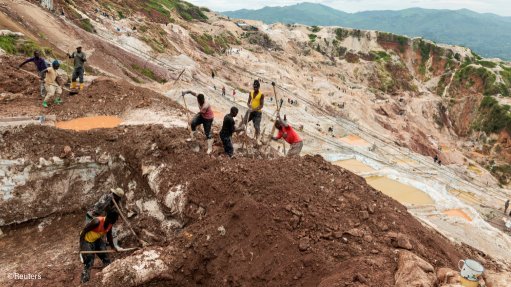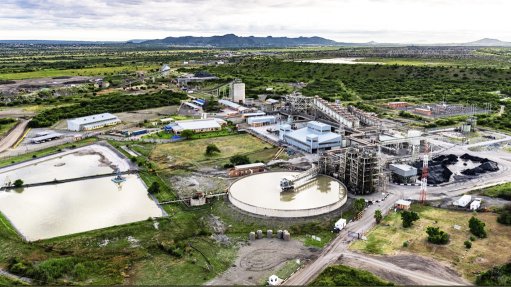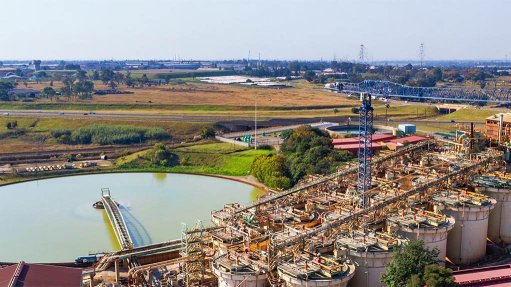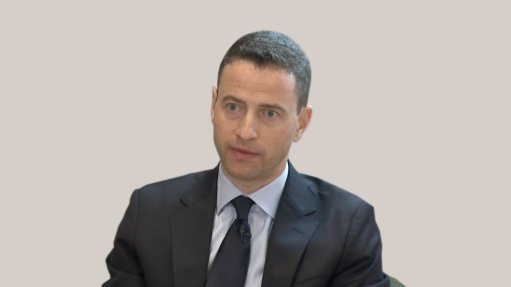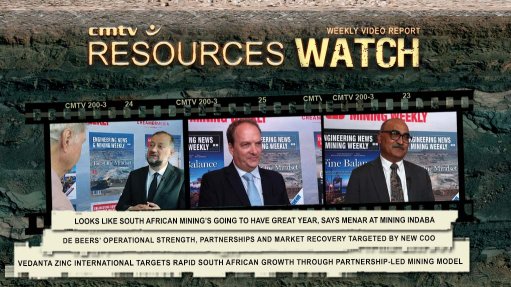Women representation in mining ‘getting there’

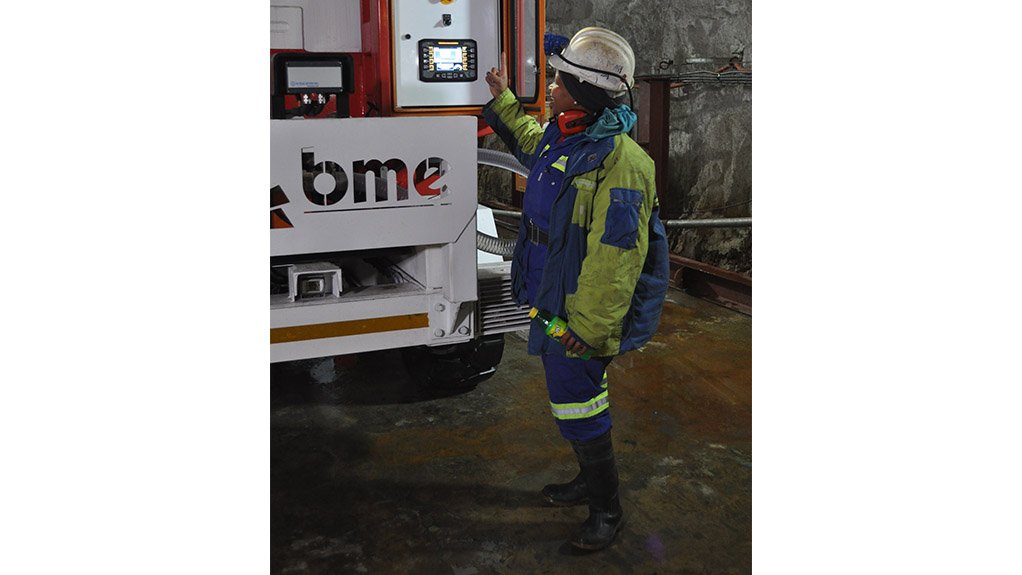
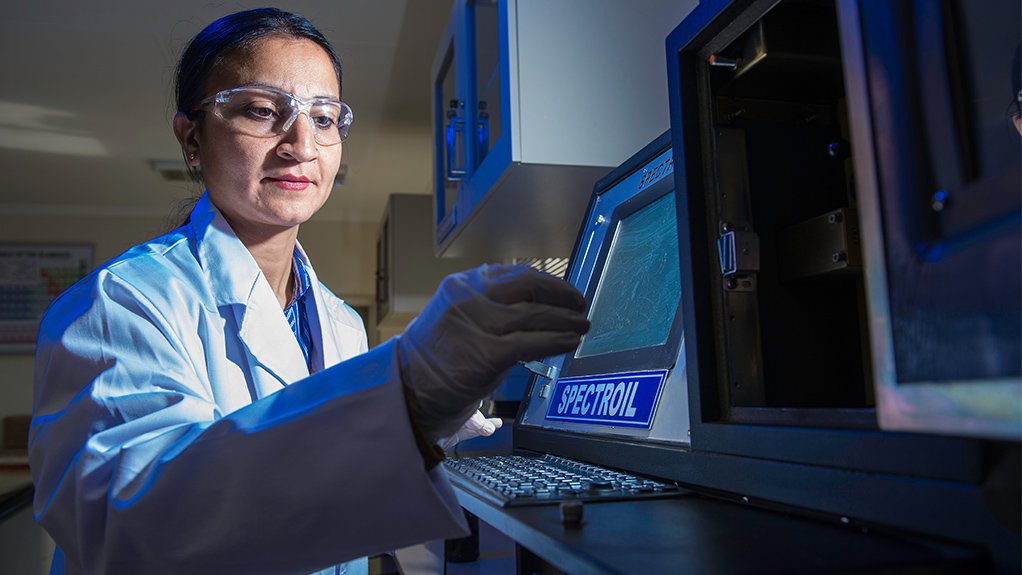
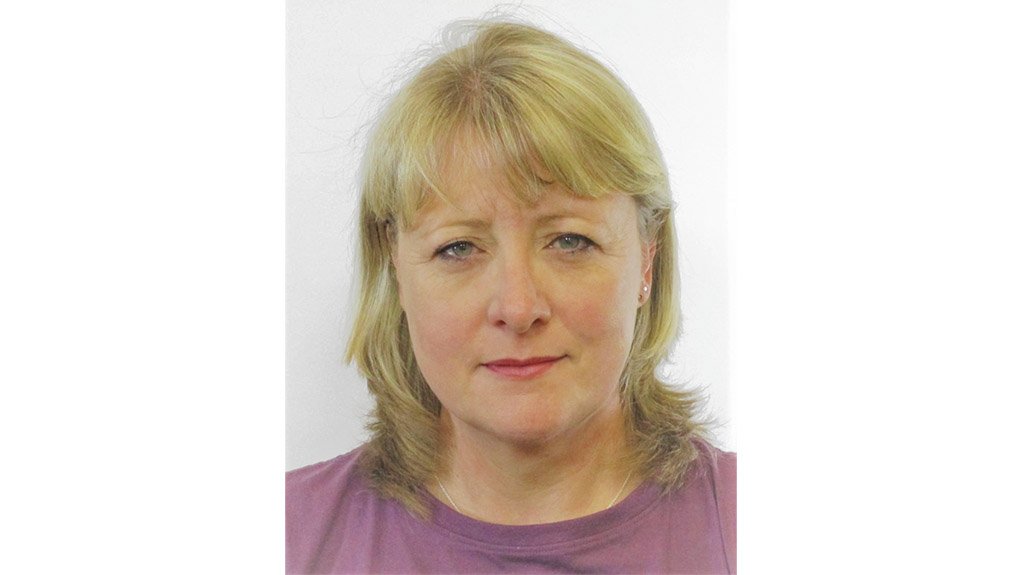
ONWARDS AND UPWARDS BME has a promising representation of women in its ranks, from operator level to mining engineers, including the company’s logistics and central services
DR RAKHI PATHAK Technology has changed the mining sector and how it operates
DR BONNY VICTOR There is still a dearth of women in the upper echelons of mining management positions
Women have definitely been taking up more opportunities in the mining sector, and this is even evident when visiting underground operations, says explosives and blasting company BME.
The company has “a promising representation of women in its ranks”, from operator level to mining engineers, including BME’s logistics and central services.
BME senior product manager Dr Rakhi Pathak adds that, while in recent years there has been a notable increase in women representation at all levels, “there is always room for improvement, especially in the more senior decision-making positions within the mining sector”.
BME research and development (R&D) and quality assurance manager Dr Bonny Victor adds that women are represented in most aspects of the business and that there are more women than men in R&D.
“We also have a high representation of women as senior plant operators and supervisors at our manufacturing facilities.”
However, she tells Mining Weekly that there is still scope for more women to play roles in areas such as blast engineering. She also notes that there is still a dearth of women in the upper echelons of mining management positions.
“When I began my career in the mining industry many years ago, it was certainly very male-dominated and was considered physically taxing. Over the years, however, technology has changed the sector and how it operates,” Pathak states.
These technological developments demanded more innovation and creativity from everyone in mining while creating more opportunities for women.
She notes that, consequently, many more women have been attracted to the industry and now play a vital role in a range of disciplines.
Pathak adds that, with technologies in mining developing so quickly, there is a need for leadership skills that prioritise organisational inclusion, adaptation to change and good communication.
Women, she emphasises, can make an important contribution in this regard, propelling the industry’s productivity and diversity as many companies – in line with Mining Charter III – encourage gender equality.
“More action is required to create the pathways for women to enter and progress in the sector. This would help to build capacity so that more women can take up strategic decision-making positions in mining.”
Consequently, while there is still a strong perception that women are not well suited to mining, Victor emphasises that this is reinforced by a lack of role models in the sector.
It is important that young women who are planning their careers see how other women have made progress in mining-related roles, and begin to identify the prospects offered by the industry.
“We are seeing some resources being invested in education and training support for women – including bursaries and mentorship – but this could be increased substantially. It would go a long way towards promoting a greater role for women in mining, and changing the current perceptions,” Victor explains.
Pathak points out that it is vital that there is more awareness about mining opportunities at school and university level.
This, she tells Mining Weekly, will require mining-related companies to take ownership of this imperative, and to actively encourage women to consider careers in the industry.
Victor highlights that internships and practical excursions to mine sites are valuable. School learners and undergraduates benefit enormously from seeing a working mine or manufacturing facilities, which help to convey what the jobs and opportunities actually involve.
Further, young women need to understand that mining subjects are not limited to mining or chemical engineering, as the industry requires disciplines ranging from physics and geology to software development and machine learning.
There is also an increased demand for skills in humanities and environmental disciplines, especially with mining trending towards more holistic, cradle-to-grave approaches.
BME Focus
One of BME’s recent initiatives was to donate a mobile science laboratory that schools near its Losberg plant in southern Gauteng could use.
This initiative, Pathak believes, promotes science and technology, as well as scientific careers among school learners. The company offers bursaries to high-performing students in those schools, and has hosted open days.
“We have helped to set up training facilities in collaboration with one of our major mining customers,” she enthuses.
The company also provides coaching and mentoring for new mining graduates by linking them with experienced professionals in the business. The graduates can shadow their mentor, thereby developing a more detailed understanding of the industry and the products and services BME provides.
Meanwhile, Pathak notes that networks are an essential part of “bringing the next generation of women into mining”.
Networks provide the platforms for women to communicate with one another, offer mentoring and guide other women into fulfilling careers. “Those of us who have experience in the sector are happy to share our knowledge and enthusiasm, and younger women should not hesitate to use these networks, such as social media platforms like LinkedIn.”
BME also participates in several local and international conferences, which provide opportunities for women to meet up and share insights with one another.
Article Enquiry
Email Article
Save Article
Feedback
To advertise email advertising@creamermedia.co.za or click here
Press Office
Announcements
What's On
Subscribe to improve your user experience...
Option 1 (equivalent of R125 a month):
Receive a weekly copy of Creamer Media's Engineering News & Mining Weekly magazine
(print copy for those in South Africa and e-magazine for those outside of South Africa)
Receive daily email newsletters
Access to full search results
Access archive of magazine back copies
Access to Projects in Progress
Access to ONE Research Report of your choice in PDF format
Option 2 (equivalent of R375 a month):
All benefits from Option 1
PLUS
Access to Creamer Media's Research Channel Africa for ALL Research Reports, in PDF format, on various industrial and mining sectors
including Electricity; Water; Energy Transition; Hydrogen; Roads, Rail and Ports; Coal; Gold; Platinum; Battery Metals; etc.
Already a subscriber?
Forgotten your password?
Receive weekly copy of Creamer Media's Engineering News & Mining Weekly magazine (print copy for those in South Africa and e-magazine for those outside of South Africa)
➕
Recieve daily email newsletters
➕
Access to full search results
➕
Access archive of magazine back copies
➕
Access to Projects in Progress
➕
Access to ONE Research Report of your choice in PDF format
RESEARCH CHANNEL AFRICA
R4500 (equivalent of R375 a month)
SUBSCRIBEAll benefits from Option 1
➕
Access to Creamer Media's Research Channel Africa for ALL Research Reports on various industrial and mining sectors, in PDF format, including on:
Electricity
➕
Water
➕
Energy Transition
➕
Hydrogen
➕
Roads, Rail and Ports
➕
Coal
➕
Gold
➕
Platinum
➕
Battery Metals
➕
etc.
Receive all benefits from Option 1 or Option 2 delivered to numerous people at your company
➕
Multiple User names and Passwords for simultaneous log-ins
➕
Intranet integration access to all in your organisation













